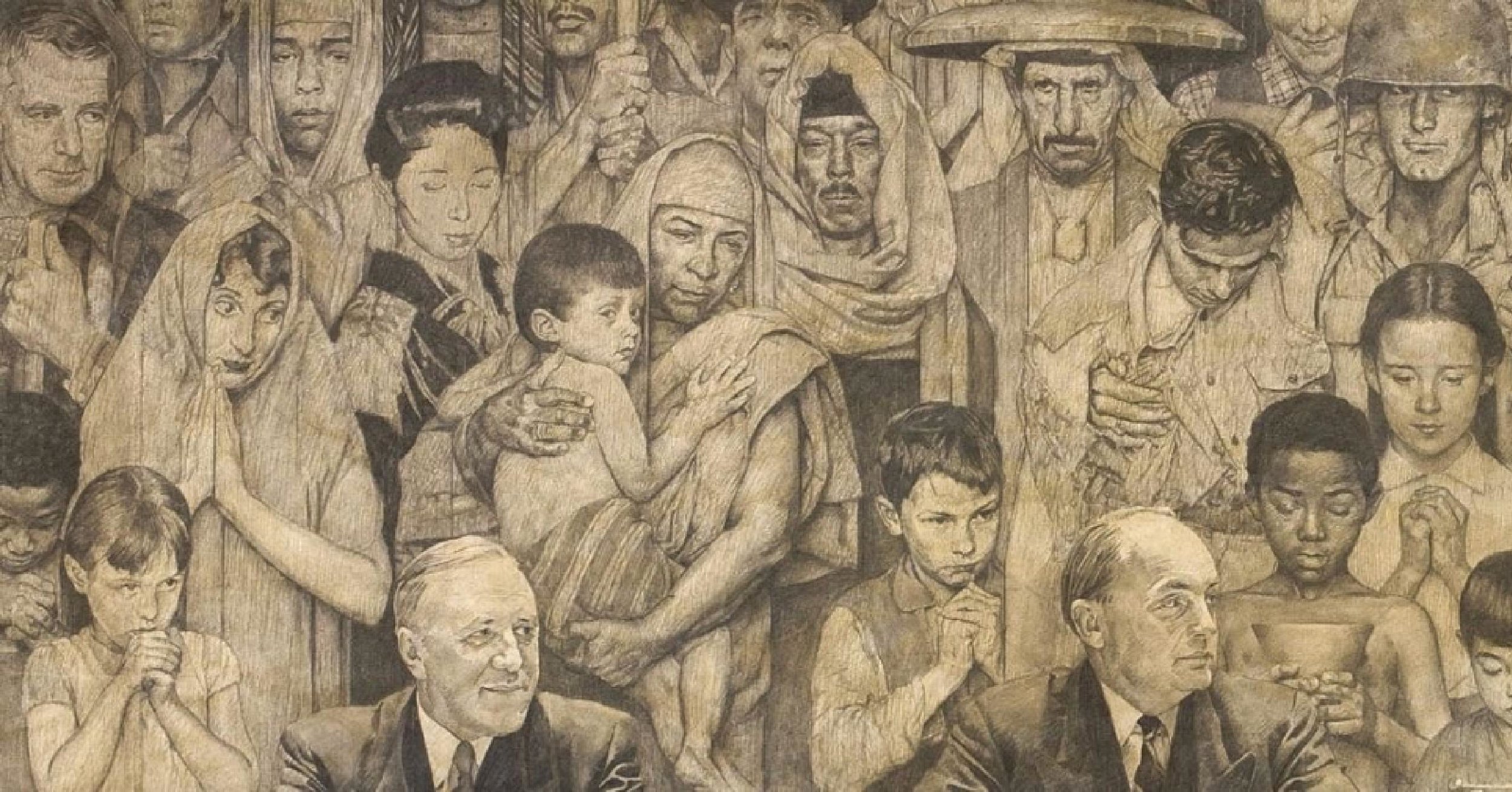Notes for Nov. 19, 2017
Romans 16
Biblical Background
The people in Rome when Paul wrote the letter: 80% of inhabitants of Rome the descendants of freed slaves; The Jews had begun returning to Rome after the Emperor Claudius’ death as he had expelled the Jews from Rome.
Names in Romans 16 are Greek and Hebrew
Paul names 28 individuals: 11 are women; 17 are men
Paul commends 6 women and 6 men with special notes: Typically men received more accolades in the culture so Paul’s affirmation of women in this passage is liberating when compared to the culture.
Priscilla – interesting that her name comes before her husband’s Aquila. This may mean that she came from a superior class in society as usually a husband’s name would come first.
“risked their necks”: this expression is one that we have adopted into English – the idea that they risked their lives to save someone else.
House churches: Both Jews and Christians met in homes as they didn’t always have the status or wealth to build church/synagogue buildings. Meeting in a home was also a safe place to meet, worship and fellowship, especially in the midst of persecution.
Apostles: Andronicus and Junia, probably husband and wife, are both called apostles here, indicating the both served a role in spreading the Gospel to new places.
Both free and slave names: The names in Paul’s list are made up of people from both freed slave, slave and Roman and Hebrew backgrounds.
Rufus: See Romans 16:13 and Mark 15:21 – may be the same man.
Kisses: This was a common means of showing affection in the early church and was part of the culture. Perhaps like Europeans today who kiss on the cheek to greet one another.
Paul’s final exhortations (17-20): This was a common means of ending a letter by philosophers in the day.
Verses 19-20: Paul makes allusion to Genesis when Adam and Eve sought to eat from the tree of good and evil; and then clearly points to Genesis 3:15 and the Messianic prophecy that the son of Eve would crush the head of the serpent, Satan.
Supplemental greetings: It wasn’t uncommon to add additional greetings at the end of a letter.
Church in Corinth: Paul is probably staying with Gaius where the church in Corinth met – a large home.
Closing Benediction: the mystery – this idea of God’s mystery is a part of books like Daniel and other apocalyptic literature in Judaism.
Prophetic writings pointed to the hidden things that would be revealed in the Gospels: Paul is confirming the authority of the prophetic writings of the Old Testament and the stories of Jesus recorded in the New Testament, all of which point to God’s divine purposes, guidance and inspiration.
Discussion Questions
Make a list of all of Paul’s commendations in this passage. What are the characteristics and qualities that Paul commends in these people?
How do Paul’s commendations compare with the ways in which we commend or compliment people in our culture? What can we learn from Paul?
How would you receive sister, Phoebe, based on Paul’s comments?
How many women are mentioned in this passage? Why is significant in Paul’s day?
What does Paul’s commendation of women say about his view about the value and worth of women in the church? What can we learn from this?
What roles do the various women play in the life of the church according to Paul?
What does Paul know about the church in Rome based on this greeting? How would you describe the Roman church based on his comments?
What are the possible divisions or hindrances is Paul addressing in this passage and warning them about?
How can we avoid such divisions in the local church; national church; global church?
How are the false teachers seeking to undermine Paul’s teaching?
What is the purpose and plan of God throughout history? How should our knowledge of God’s plans for history shape our outlook for the future as Christians?
What does it mean that God is the God of hope and peace?
What does it mean that the God of peace will crush Satan under your feet? What messianic prophecy is this building upon? (See Genesis 3:15 – the 1st prophecy of the Messiah in Scripture).
Knowing that just after the fall of Adam and Eve that God had already put his rescue plan in motion based on the Messianic prophecy of Genesis 3:15, what does this say about God’s character and love for humankind?
In the final greetings, what kind of professions are mentioned? Why would Paul mention the man’s profession? How can God use your profession to serve His purposes?
What was Paul’s view concerning the authority of the Old Testament Scriptures and the New Testament Gospel stories based on verses 25-27?
How will you greet your brothers and sisters in the Lord this week?


